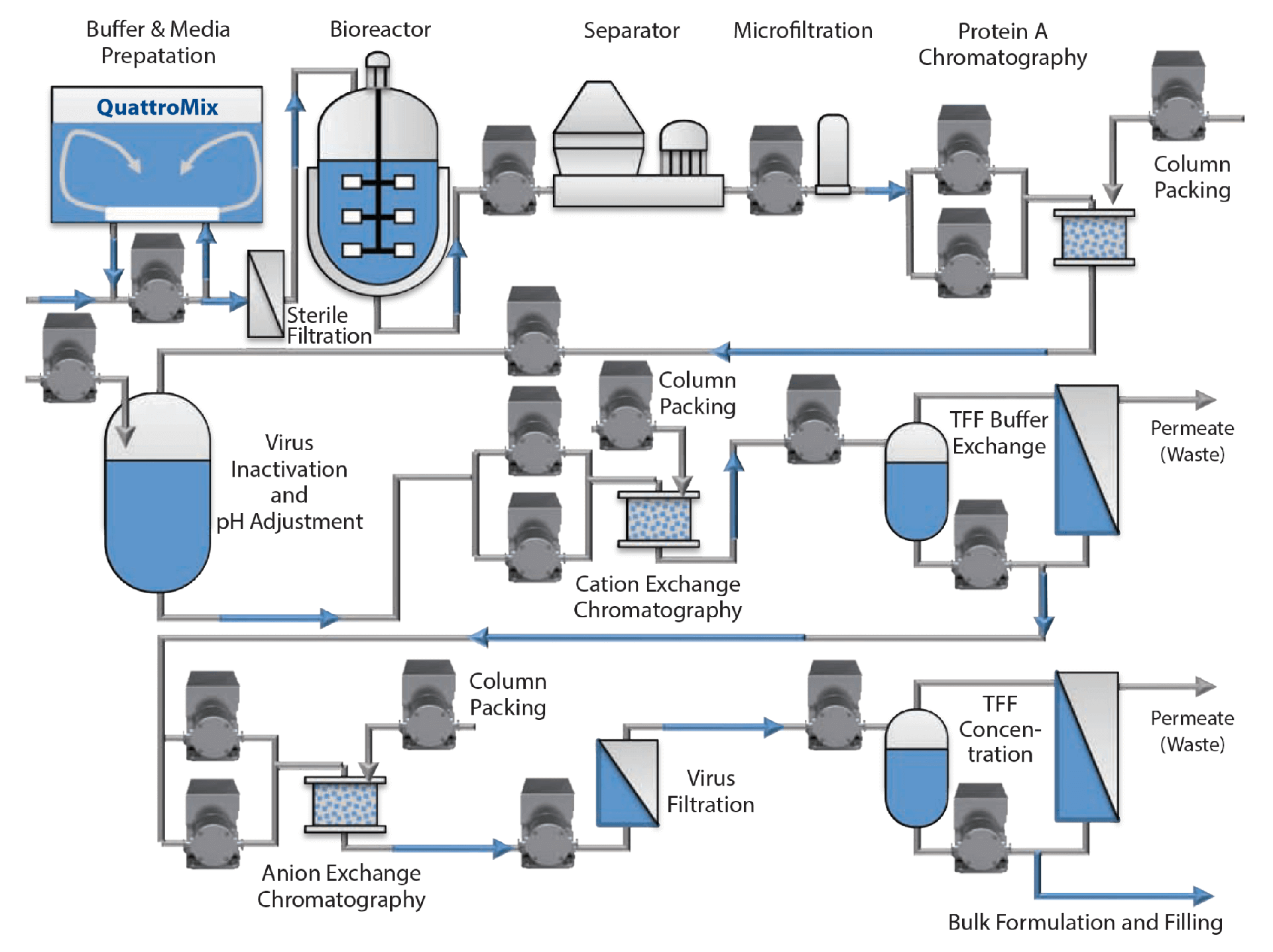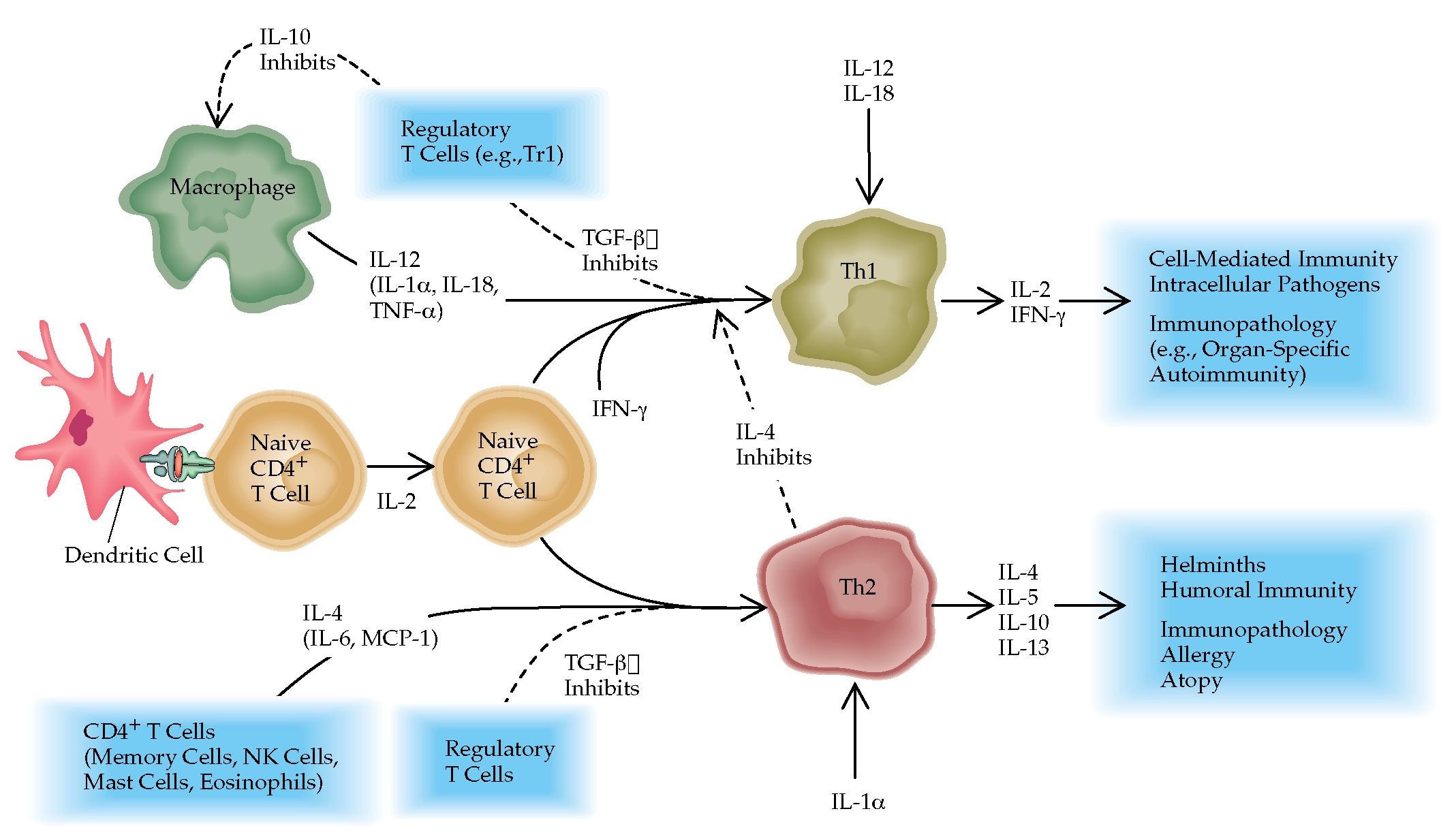

The use of a peptide is recommended when your target protein is highly similar to other proteins, or difficult to express or purify. When it comes to antigen selection for development of an antibody against a target protein, one can also use a peptide instead of a protein. In other words, the antibodies generated will predominantly be against the contaminant instead of against the desired protein. A key aspect to take into account when using a protein for immunization is its purity, as small contamination (with bacterial antigens) might be immunodominant. Given their structural complexity, proteins tend to be strong immunogens. The same applies to carbohydrates, with the exception of those that have a complex structure or are linked to a protein (glycoproteins). For instance, lipids or nucleic acids are usually not immunogenic, unless conjugated to a carrier protein. (3) Some degree of complexity is a better trigger for an immune response.Īdditionally, some macromolecules are more immunogenic than others.

(2) High molecular weight (MW), as those antigens with a MW below 1000, are not immunogenic

(1) Foreignness, to avoid that the antigen is recognized by the immune system as ´self´ As a general rule, three factors play a major role: One thing that needs to be taken into consideration is the nature of your target molecule. Thus, choosing well which antigen to use for the monoclonal antibody development is essential. Antigen immunogenicity is defined as the ability of an antigen to provoke an immune response.


 0 kommentar(er)
0 kommentar(er)
